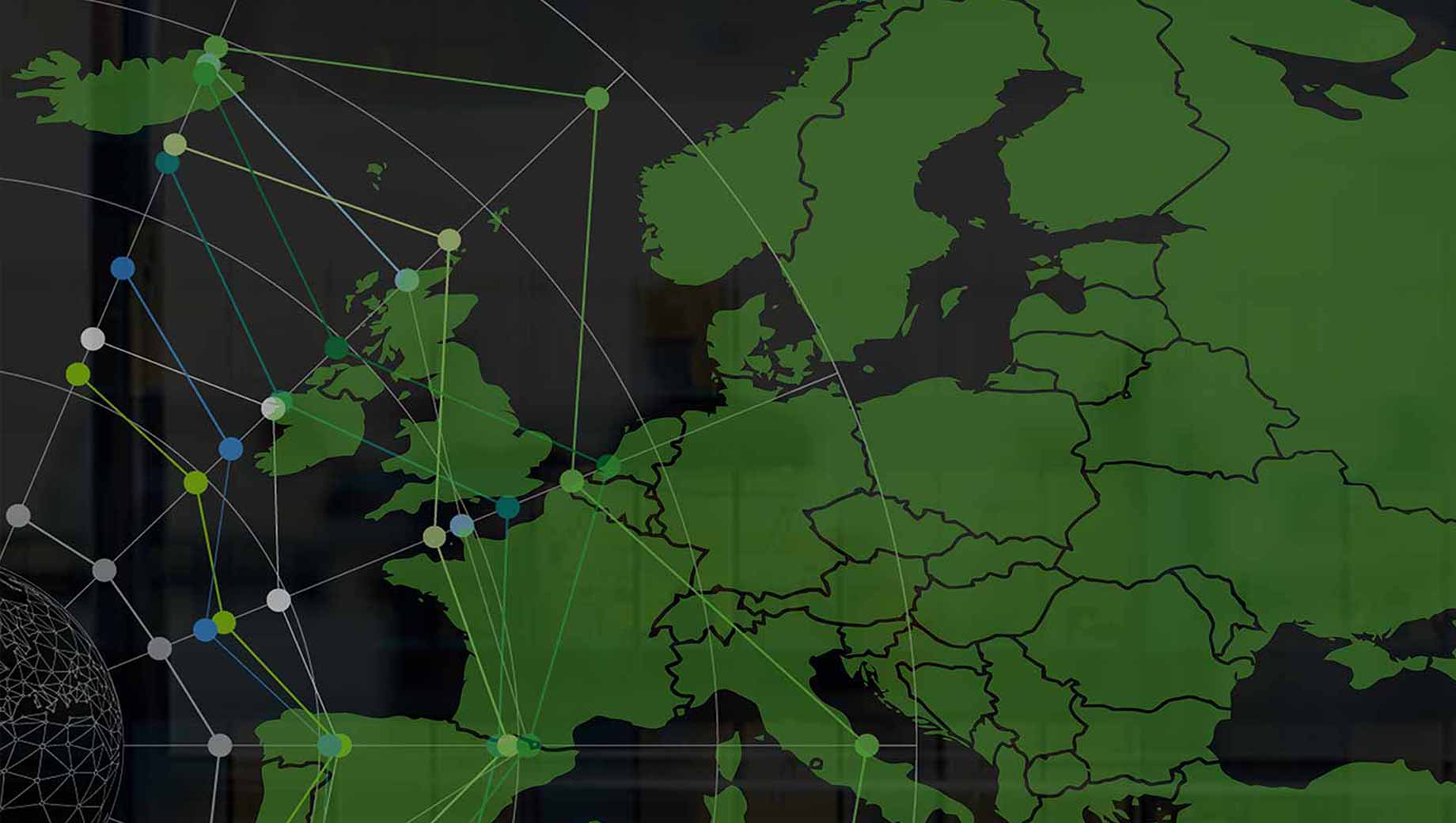Story Highlights
- Europeans are dissatisfied -- and disengaged -- at work
- Better managers and manager development can re-engage Europe's workforce
- Download the State of the Global Workplace: 2022 Report to learn more
"It is a great place to live but a terrible place to work."
This has long been said about Spain, but is it true of all of Europe?
Life in Europe is good. According to the World Happiness Report (WHR), no one feels better about life than Europeans. For 10 years in a row, European countries have topped the list of happiest places on Earth. And in the WHR 2022, the eight happiest countries in the world are located in Europe. Europeans rate their lives so well that Gallup finds almost half of the region's entire population is thriving in life.
But how is life at work going?
Europeans are unhappier with their workplaces than anyone else in the world, according to Gallup's State of the Global Workplace: 2022 Report. Fourteen percent of European employees are engaged at work -- a figure that is seven percentage points lower than the global average (21%) and 19 points lower than the U.S. and Canada (33%).
Europe's frustration at work isn't new. In 2005, Princeton economist Alan Krueger wrote in The New York Times, "European workers are united in at least one respect: They have reported declining levels of job satisfaction to pollsters over the past three decades." Even in 2005, Krueger noticed a stark difference in worker satisfaction between Europe and the United States.
"Europeans work to live, not live to work."
Culture is often used to explain Europe's abysmal employee engagement scores. But if Europeans cared so little about work, why would they continue to work even if they didn't have to? In 2015, almost three-quarters of German workers said they would keep working even if they inherited so much money they never had to work again. Slightly fewer American workers (68%) said yes to a similar question in August 2013.
And if European dissatisfaction at work is truly cultural, then why are there so many European organizations with thriving workplace cultures? Some European organizations have engagement rates that are three times the regional average and more than double the global average.
Employee engagement is ultimately not about being obsessed with work or living to work. It's about having clear expectations, feeling connected to and supported by your team, and finding purpose in your work. These are universal human needs. The fact that they are not met for millions of European employees is not a cultural badge of honor, but a sign of poor leadership and people management.
So, what's the problem?
Some critics might argue that there is no problem. Europe has some of the world's most successful companies -- who needs employee engagement? But Gallup's analyses of engagement in Europe have found across industries that engaged teams in Europe are significantly more productive and profitable than disengaged ones. Many European companies are leaving wealth and innovation on the table, while their competitors are winning on talent and productivity.
In a study of burnout in the U.S., Gallup found that the biggest cause was "unfair treatment at work." It was followed by an unmanageable workload, unclear communication from managers, lack of manager support and unreasonable time pressure. Those five causes have one thing in common: your boss.
Get a bad one and you are almost guaranteed to emotionally disconnect from your job. A bad boss will ignore you, disrespect you and never support you. Environments like that can make anyone miserable. A manager's effect on a workplace is so significant that Gallup analytics reveal that 70% of the variance in a team's engagement is explained just by who their boss is.
And Europe is plagued with bad managers. While 97% of German managers think they are good managers, 69% of German employees think they have bad managers. Europe's managers aren't completely unaware of this problem. They know they need better training. Sixty percent of German managers say they've never received training for people management skills. This gap shouldn't be hard to close.
Two-thirds of employees who strongly agree that their manager helps them to set priorities are engaged according to a 2013 U.S. Gallup Panel study, and more than two-thirds of employees who agree that their manager focuses on their strengths are engaged. The fact that 14% of European employees are engaged suggests that most European managers struggle to do either.
Companies that buck this trend view engagement as a strategic priority. They recognize that the manager-employee relationship is the most important driver of engagement and organic growth, and they approach the task of increasing engagement with the same rigor, discipline, and commitment that they approach other business problems.
Many Europeans have figured out the secret to a great life, but not the secret to a great life at work. The good news is that the majority of Europeans are disengaged but not disgruntled. They are sitting on the sidelines, waiting to be inspired. They are winnable, and companies can fix this gap by better equipping their managers with the learning and development they need to be better people managers. If they do, they'll rank among the best in the world for more than just happiness.
Learn more about Gallup's findings on global and regional workplace trends:
- Download Gallup's State of the Global Workplace: 2022 Report.
- Learn more about employee engagement and how to improve it.
- Discover whether your workforce is thriving.





